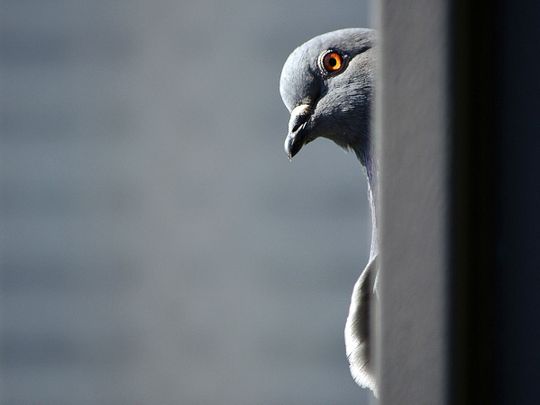
Human progress depends on scientific discoveries. But did you know it takes just a few furry or feathery animals and birds to throw their endeavours off the rails?
Click start to play today’s Word Search and spot all the animals.
Here are three occasions in which major scientific experiments and projects had to stop because of animal interruptions:
1. Hungry weasel
In April 2016, work had to stop at the world’s most powerful particle accelerator, run by the European Organisation for Nuclear Research (CERN) in Geneva, Switzerland. There was a power outage at the LHC, and scientists were later told the cause was a fouine (French for ‘weasel’). The mischievous mammal had chewed through one of the collider’s electric transformers, triggering a short circuit. Sadly, the weasel did not survive its misadventure. According to an April 2016 report in the National Geographic, it’s unclear why small mammals insist on munching on electrical gear.
2. Cosmic pigeons
In the 1960s, when physicists Arno Penzias and Robert Wilson tried to use a 20-foot antenna to map radio signals between galaxies, at Bell Labs, New Jersey, US, they kept hearing a sound that was suspiciously uniform, at a specific microwave wavelength. The reason turned out to be pigeons that were contentedly roosting inside the antenna. Once the scientists ousted the interlopers, they realised the static was still there – it led to the discovery of cosmic microwave background, an echo of the big bang that permeates the universe!
3. The original bug
The term ‘bugs’ may be used for any tech-related issue, but it started off with an actual moth that got stuck in the Harvard Mark II computer in 1947. Engineers servicing the huge machine were so amused by it, they taped the dead moth into a logbook with the phrase: “First actual case of bug being found.” Both the book and moth are still there today, in the collections of the Smithsonian’s National Museum of American History in Washington DC, US.
Which other animals made their mark on science? Play today’s Word Search and tell us at games@gulfnews.com.








